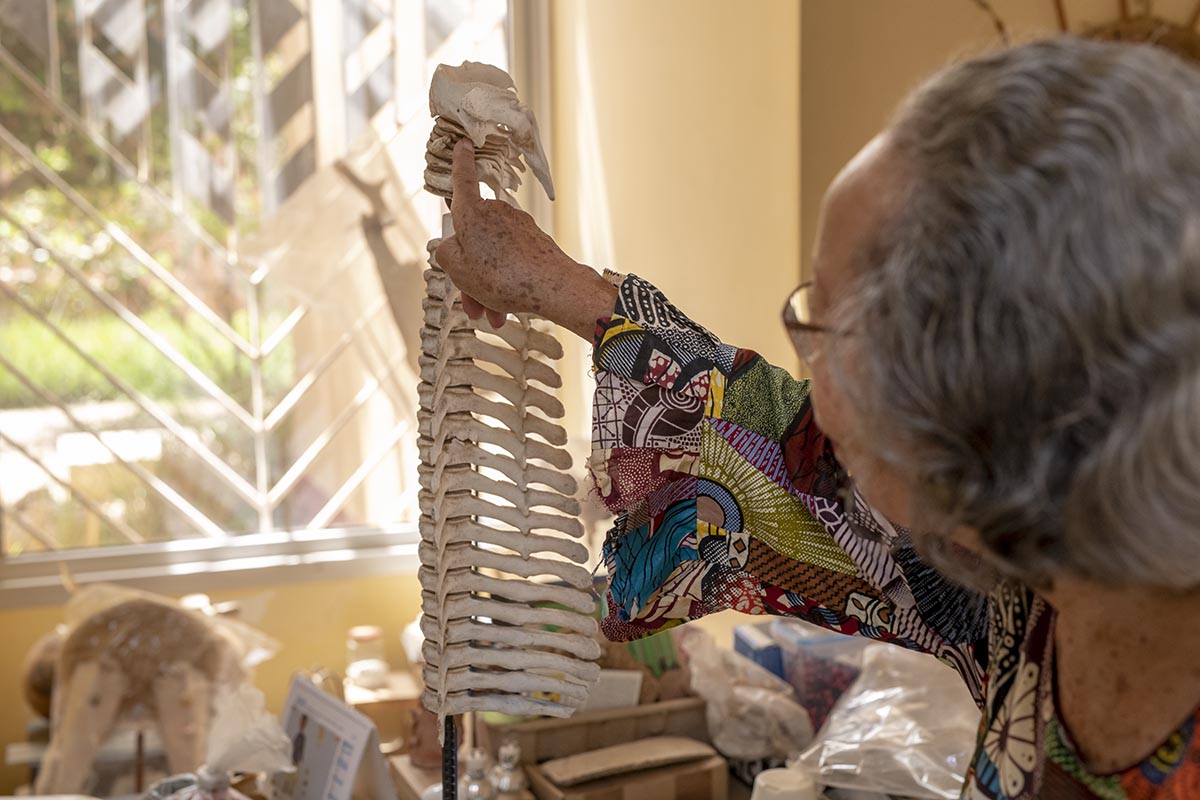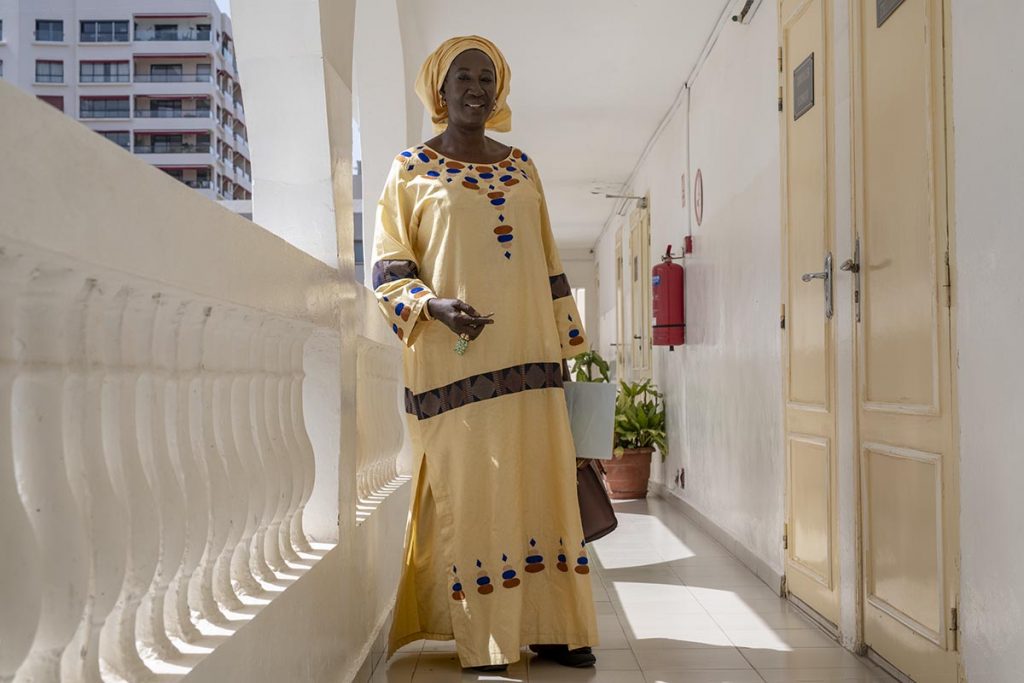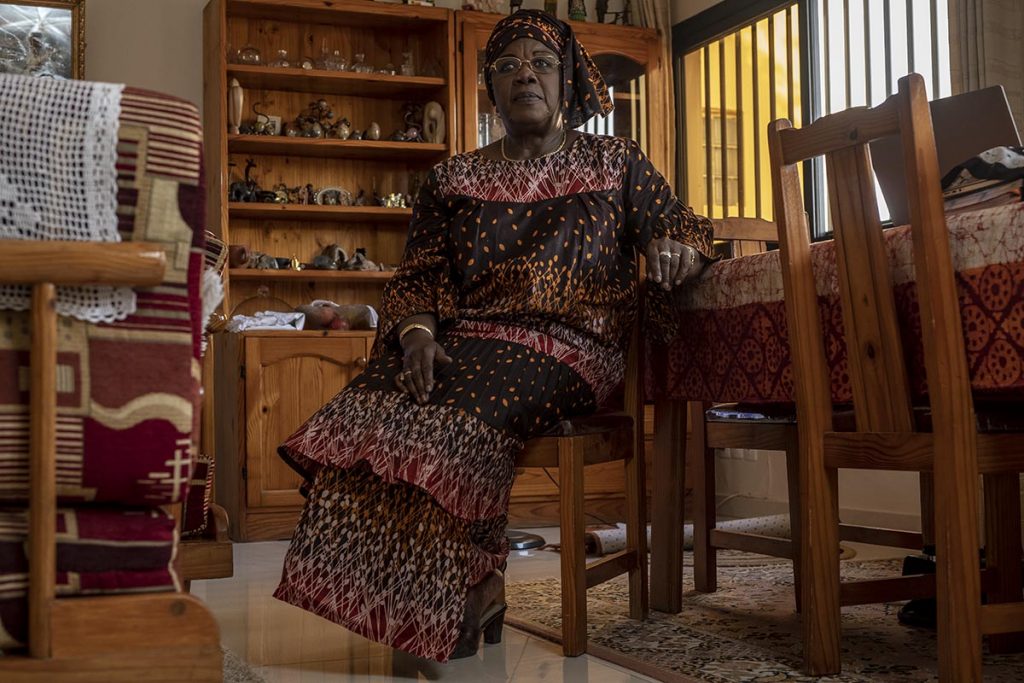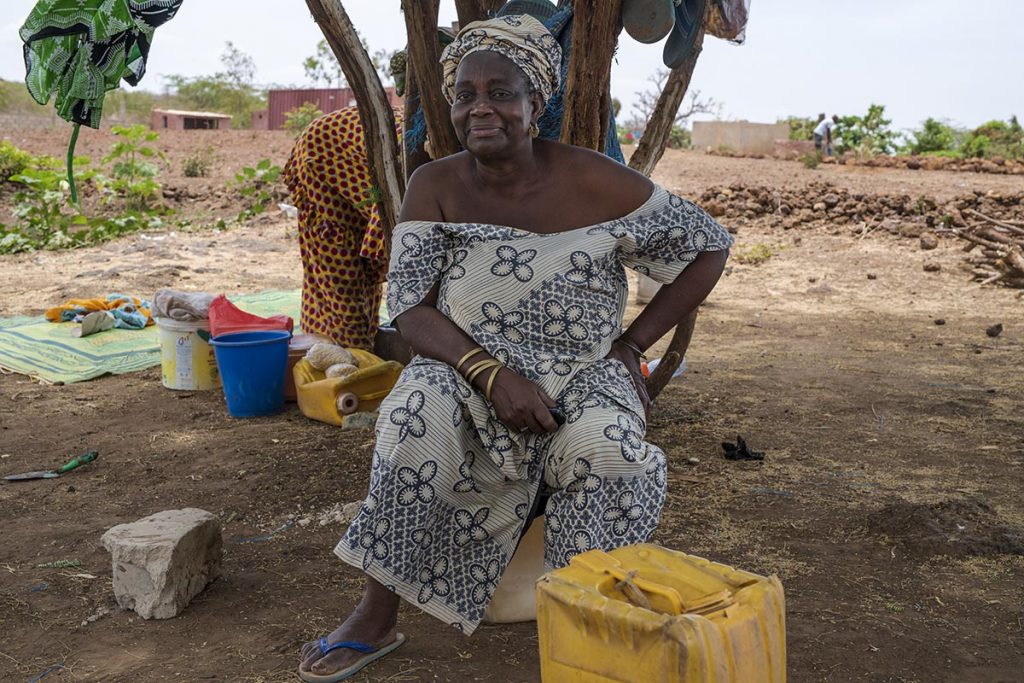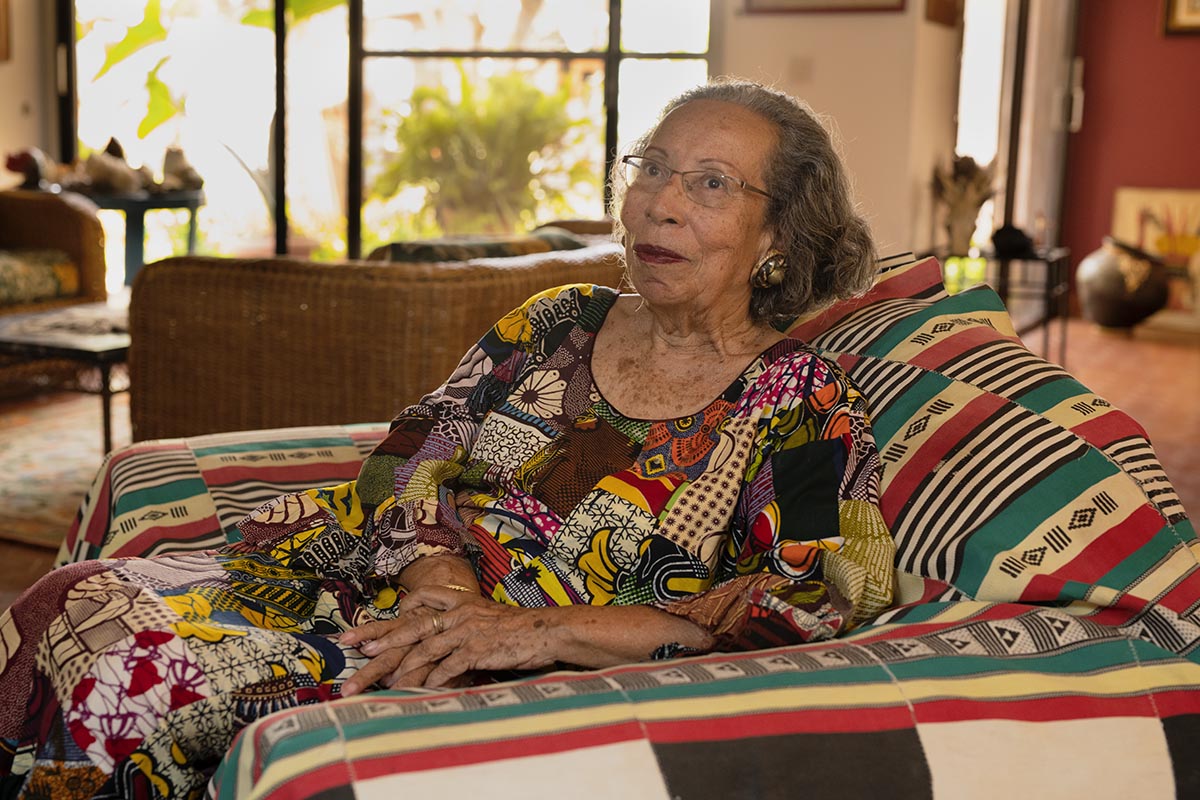
Of justice and exemplary work
Giant pioneer in the making of independent Africa, plastic artist, lawyer engaged in many fronts in favor of children and against child defilement.
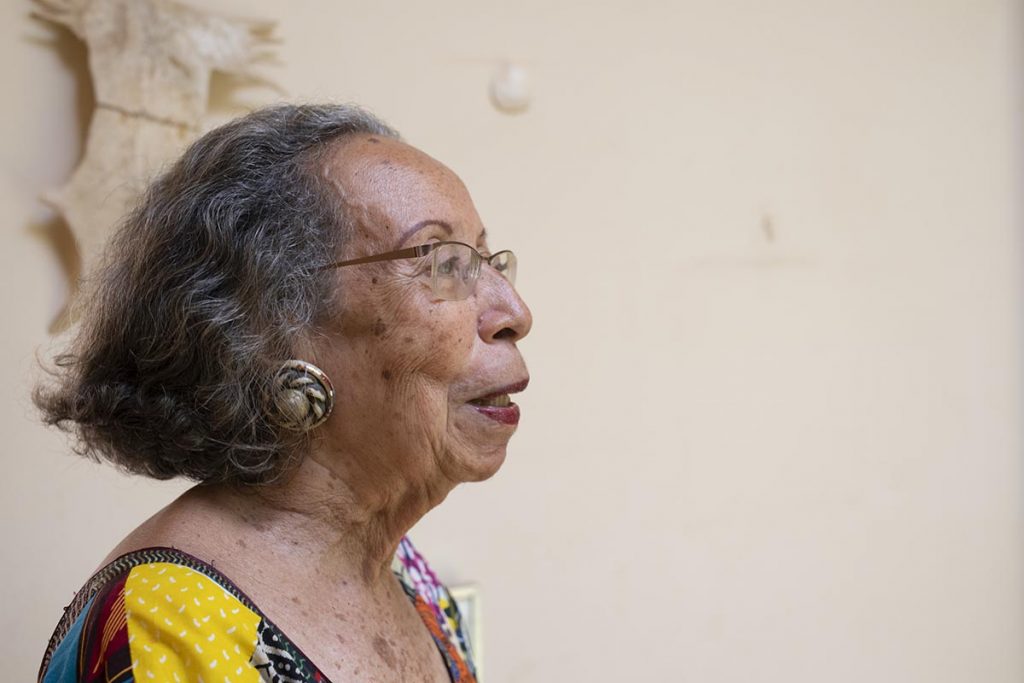
Madeleine Devès Senghor is a worthy daughter of the Senghorian period because she evokes with the same interest her former functions in the Senegalese High Administration and her work as a plastic artist in love with culture, which has accompanied her all her life.
A lawyer with a specialized training in public law, she was part of the first class of students of the independence, in 1961, and was given responsibility as soon as she left the university, as her cohort was destined to replace the colonial civil servants when they left. “We were the generation of national construction. We saw ourselves as bricklayers at the foot of a wall and we had to construct the building. »
The difficulties she recounts are those of her personal choices that were influenced by the destiny, personified by her father who was opposed to her pursuing an international career, for fear of seeing his daughter leave for a foreign country which could be violent for a woman.
At the time of the university, Madeleine Devès was already a member of the General Union of Students of West Africa, which gave her an immoderate taste for the associative milieu. She was among the founders of the Association of University Women Graduates (ASFDU). In 1968, when the concept of family planning was not obvious, they created the Association Sénégalaise pour le Bien Être Familial (ASBEF).
In 1974, along with other colleagues, she founded the Association of Senegalese Jurists (AJS), which very early on was a flagship body for changing the status of women in Senegal. They demanded from the political authorities the modification of legal texts in order to strengthen and guarantee
women’s rights, and especially in civil law, family law and personal status. They ensured that Senegal, by adopting the Family Code, could guarantee equal rights. These women had the ambition to participate in the organization of the country.
Madeleine Devès stays abreast of societal changes and challenged the Association on cases that were close to her heart. For example, when she noticed the sexual exploitation of talibé children who came to beg outside nightclubs, she suggested that the director of child protection come and observe the phenomenon in the field. Also, for two years, she compiled a file on child defilement in order to establish a study of this phenomenon in Senegal, which could help to better understand it.
Madeleine continued to sit on the Advisory Boards of various organizations. “Everything had to be created at the time, and I go on.”
She continues to carry out missions for SOS Children’s Village, of which she is the treasurer.
Along with her professional career and her dense associative activities, she has devoted herself to plastic creation, which takes a big place in her current life. This work, she started as a relaxation then developed in a search for forms and meaning. In using the so-called feminine Senegalese traditional art of sewing, she questions in another way the place of women in society.
